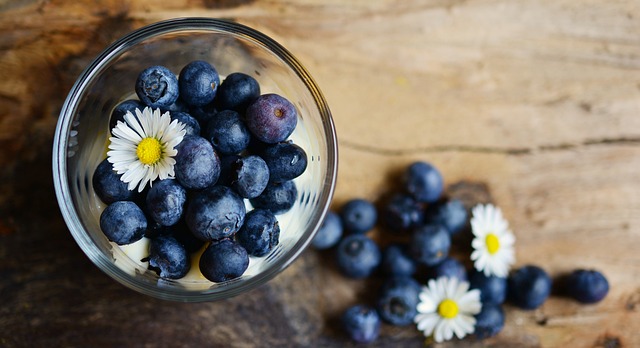Probiotics 101: Demystifying the Science Behind Good Bacteria
In recent years, the term “probiotics” has gained popularity in the health and wellness community, but what exactly are they? Are they all they’re cracked up to be? Let’s take a journey into the world of probiotics and demystify the science behind these good bacteria.
Understanding Probiotics
Probiotics are live microorganisms that, when consumed in adequate amounts, provide numerous health benefits to the host. These microorganisms are often referred to as “good bacteria” because they help maintain a healthy balance in our digestive system and support overall well-being.
The human gut contains trillions of bacteria, both good and bad. Probiotics play a crucial role in ensuring that the ratio of good bacteria outweighs the harmful ones. They do this by inhibiting the growth of harmful bacteria and promoting the growth of beneficial ones.
Types of Probiotics
Probiotics come in various strains, each with its own unique benefits. Some of the most common types of probiotics include:
- Lactobacillus: This strain is commonly found in yogurt and other fermented foods. It helps with the digestion of lactose and supports a healthy immune system.
- Bifidobacterium: This strain can be found in certain dairy products and may help ease symptoms of irritable bowel syndrome (IBS) and improve overall digestion.
- Saccharomyces boulardii: This yeast-based probiotic is known for its ability to promote gut health and prevent infections caused by harmful bacteria.
- Escherichia coli Nissle: This strain is commonly used to support the treatment of various gastrointestinal disorders, such as ulcerative colitis.
The Health Benefits of Probiotics
Consuming probiotics can have a positive impact on our health. Some of the potential benefits include:
- Improved Digestive Health: Probiotics help maintain a healthy balance of gut bacteria, aiding in digestion and preventing common gastrointestinal issues such as bloating, constipation, and diarrhea.
- Boosted Immune System: Good bacteria in our gut play a crucial role in supporting our immune system. Probiotics can help strengthen our body’s natural defense mechanisms.
- Reduced Inflammation: Certain strains of probiotics have anti-inflammatory properties, which can help reduce inflammation in the gut and throughout the body.
- Mental Health Benefits: Emerging research suggests a connection between gut health and mental well-being. Probiotics may play a role in reducing symptoms of anxiety and depression.
- Prevention of Antibiotic-Related Side Effects: Antibiotics can disrupt the natural balance of gut bacteria. Probiotics taken alongside antibiotics can help minimize the occurrence of antibiotic-related side effects, such as yeast infections.
Sources of Probiotics
If you’re looking to incorporate more probiotics into your diet, here are some common sources:
- Yogurt
- Kefir
- Sauerkraut
- Kimchi
- Tempeh
- Miso
- Kombucha
- Supplements (in the form of capsules, tablets, or powders)
When choosing probiotic-rich foods or supplements, it’s essential to select reputable brands that contain live and active cultures. Additionally, be mindful of any dietary restrictions you may have, such as lactose intolerance or allergies to certain fermented foods.
Conclusion
Probiotics offer a range of potential health benefits by promoting the growth of good bacteria in our gut. From improving digestive health to strengthening our immune system and even potentially benefiting our mental well-being, incorporating probiotics into our diet can have a positive impact on our overall wellness.
Remember, everyone’s microbiome







